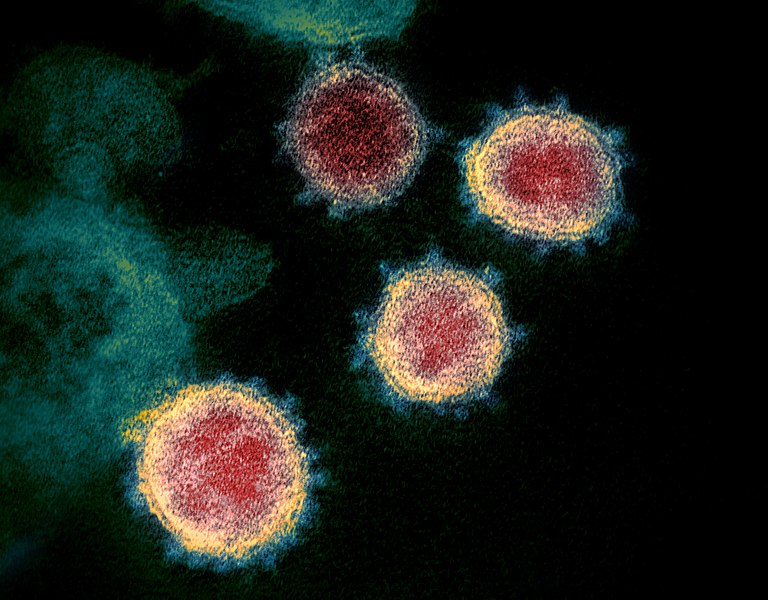|
I hear it every day: Viruses are said to mutate naturally toward milder forms that spread more readily, like Omicron. That never made total sense to me. Mutations are like random typos in a genetic code. The longer a virus circulates, the more it can mutate. It might do anything. What it “wants,” i.e. what promotes its survival, is to circulate and replicate instead of dying out.
Compared to earlier forms of Covid-19, Delta is more transmissible and more likely to cause hospitalization and death. There’s no inherent tradeoff. Let’s separate the two traits to disentangle science from hearsay. Transmissibility. Most of the millions of coronavirus mutations have little effect or die out quickly. Any with potential must compete with other variants to spread farther and/or faster from the mouth or nose. So yes, it’s true the more transmissible variants will overtake the rest, as we saw with Delta and then Omicron. The virus “cares” most about success in the upper respiratory tract, where it is otherwise pretty harmless. Severity. Coronavirus needn’t infect your lungs to multiply and spread, but that doesn’t bias it to avoid them. It doesn't care about lungs one way or the other. We care, though, because the lungs are where Covid can turn deadly. To believe spreading faster means growing milder is wishful thinking. If I had to guess, I’d suggest variants will be prove more severe in some years than others. But no one knows. Random mutations are a crapshoot. For more, read NPR or watch WHO. Image: Electron microscope image of SARS-CoV-2, Wikimedia Commons.
1 Comment
2/4/2022 08:26:58 pm
NPR reports a new study of an HIV variant reinforces "that viruses don't always weaken over time." https://www.npr.org/sections/goatsandsoda/2022/02/04/1078035844/discovery-of-hiv-variant-shows-virus-can-evolve-to-be-more-severe-and-contagious
Reply
Leave a Reply. |
AuthorI'm a historian who writes novels and literary nonfiction. My home base is Madison, Wisconsin. Archives
July 2024
|

 RSS Feed
RSS Feed